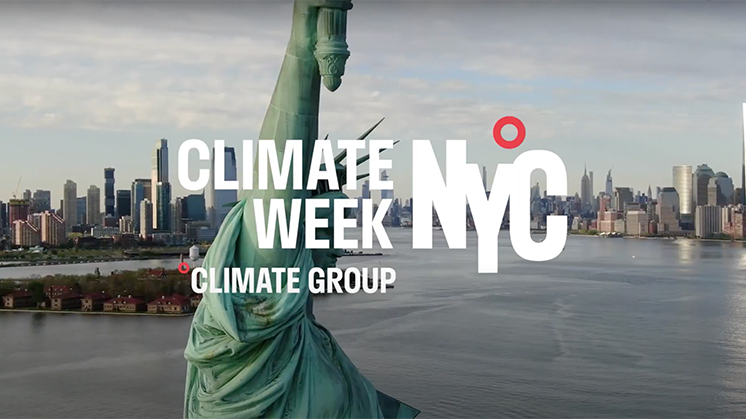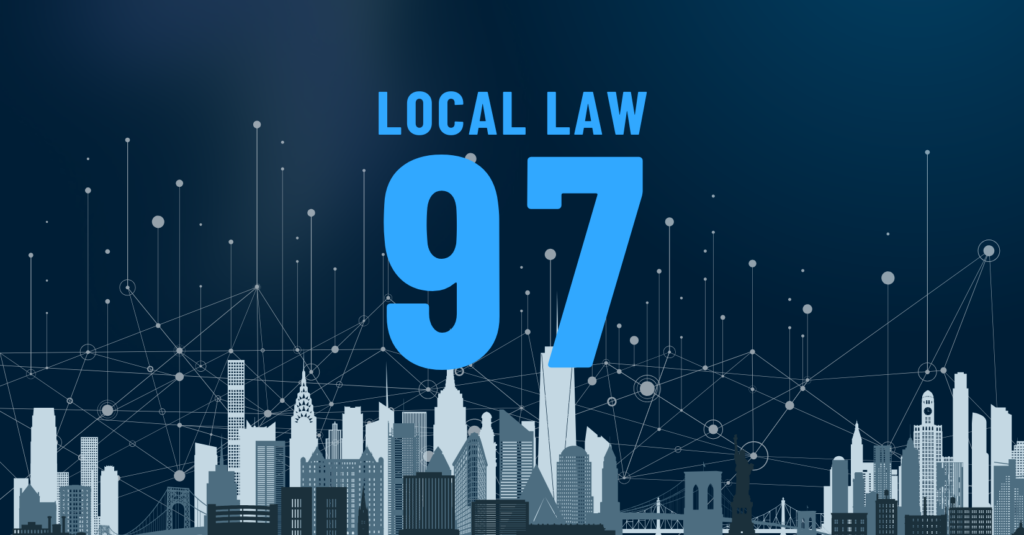 Top Sustainability Trends to Watch in 2025
Top Sustainability Trends to Watch in 2025
Navigating New AI Offerings Generative AI (GenAI) is set to revolutionize sustainability management by enhancing compliance, improving reporting accuracy, and streamlining resource allocation. Leaders in sustainability have recognized the transformative potential of GenAI to augment resource-stretched teams, enabling a sharper…
Read full post
 Log In
Log In









